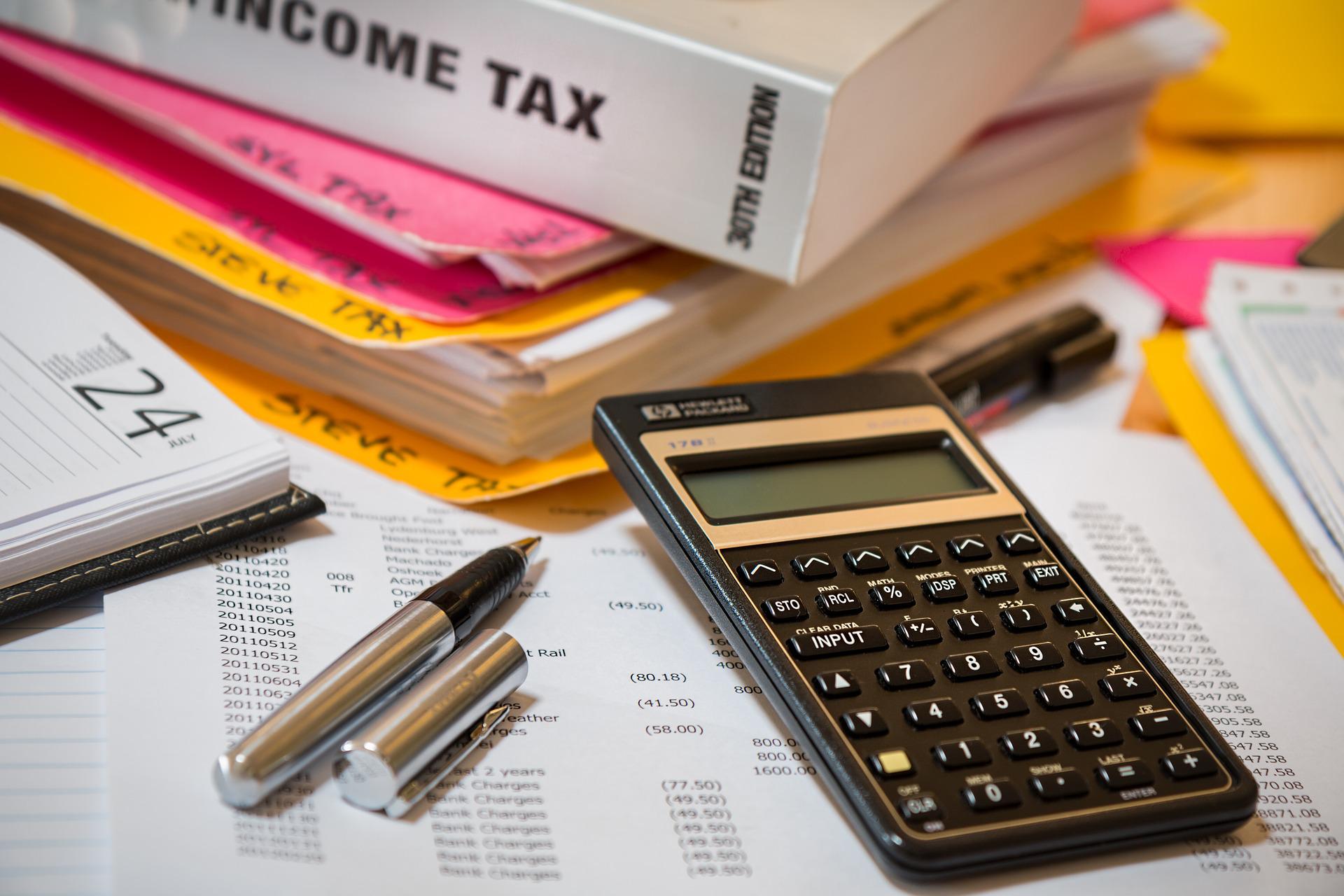When is Capital Gains Tax due in the UK?
The question of when capital gains tax is due in the UK may be posed in a few different ways. For example, people who wish to discover whether a property sale is subject to capital gains tax (CGT) or when they must pay their unpaid CGT may ask this question.
The answers to both questions – the types of properties and when it is due – will be provided here, as well as an explanation of how capital gains tax is worked out.
But before we get started, let’s take a quick look at what CGT is all about.
What is a capital gains tax?
Here’s what the government has to say about capital gains tax in the United Kingdom:
“Capital Gains Tax is a tax on the profit when you sell (or ‘dispose of’) something (an ‘asset’) that’s increased in value.”
Rather than the purchase price, tax is levied on the profit (gain). For example, the taxable amount is £30,000 if you sell a house for £400,000 after paying £370,000 for it.

Despite the fact that we’ll be focusing on property in this piece, capital gains tax does not apply only to real estate but to other “assets” too. You may be subject to capital gains tax if you decide to sell your shares, company assets, or personal goods if they are worth more than £6,000 or more.
Is capital gains tax levied on all property sales?
So, now that we’ve defined capital gains tax, let’s move on to the matter of when a property will be subject to the tax.
Fortunately, CGT is not necessarily due on every property sale that goes through.
If you meet the following requirements, you can get Private Residence Relief if you sell your main home:
- You only have one home, and you’ve lived in the same place as your primary residence while you’ve been the owner of it.
- You haven’t rented any part of the property out (not inclusive of lodgers).
- You’ve not set up a space in your house exclusively for business purposes. A room used only for temporary or occasional use will not be considered excessive business use.
- The overall area of the grounds, including all structures, is slightly over one acre.
- You didn’t acquire it for the sole purpose of profiting from it.
When do you have to pay capital gains tax on a home sale?
The second home’s capital gains tax
You’ll owe capital gains tax on any profit you make from the sale of a second house if it exceeds your capital gains tax allowance.
CGT on buy-to-let
The sale of a buy-to-let property will almost always result in a capital gains tax bill, just like the sale of a second house. Any capital “gains” tax is, of course, contingent upon a rise in value.
Before any tax is required, the increase must be more than your capital gains tax allowance.
Inherited property and capital gains tax
When it comes to inherited property, there is no need to pay capital gains tax until the home is sold, and this is as long as any inheritance taxes that were payable on the estate have been paid. When you inherit the property, a valuation will be performed, and any profits from sale will be assessed based on that valuation.
Inheriting a home that was previously occupied by a dependent relative may be one exception. Even if capital gains tax isn’t likely to be owed in this case, a financial advisor should be consulted on the intricacies of the situation before making a final decision on the matter.
CGT on gifted property
No capital gains tax is typically due when property is gifted to a registered charity or to your spouse or civil partner. Be cautious, though, because CGT exemption isn’t automatically assured in these situations, and so you will need to proceed with caution.
Furthermore, when the asset is sold, there is a significant difference between gifted and inherited property. In contrast to inherited property, where the gain is assessed from the date of the deceased’s death, capital gains tax on gifted property is calculated from the day the recipient acquired the property, not the date when the gift was given.
Because of this, it is critical that you document the asset’s value at the time of acquiring it from the benefactor. Note that if the donor has owned the property since before April 1982, the recipient must compare any gains to the asset’s market value on March 31, 1982, when the gift was given.
Calculating capital gains tax
Gains are calculated by subtracting the purchase price of an asset from the sale price you received for it. Use this gov.uk calculator to figure out how much capital gains tax you’ll have to pay on the gain you made on the sale.
Keep in mind that there are other influential factors which will have a bearing on how much you end up paying in CGT.
Allowance for CGT
Everyone is entitled to a tax-free allowance prior to capital gains tax being imposed. Every year, the AEA (Annual Exempt Amount) is recalculated, and it might vary from year to year. As of 2020/21, the rate is £12,300 for individuals and personal representatives, and £6,150 for trustees of settlements for the period 2020 to 2021. A couple’s allowance is £24,600.
Property that is jointly held
Capital gains tax will only be charged on the part of the property you own if you and other people own it together.
Your capital gains tax, for example, is calculated on a £60,000 profit that is jointly held with another on the following basis: £60,000 /2 = £30,000.
Deductions
You may be able to deduct legal and real estate agency expenses, as well as any home upgrades, from your gain. But don’t make the common mistake of thinking that you can write off the cost of decorating or doing regular maintenance.
Tax relief
Tax relief may be available if your home is regarded as a business asset or was used as the primary residence of a dependent family member, in addition to the Private Residence Relief we’ve already mentioned above.
Exceptional circumstances
If you sell under exceptional or special conditions, your capital gains tax computations may be affected. For example, if you sell a lease or a piece of your land, or if a compulsory purchase order forces you to sell your home.
Before you file your capital gains tax report, it’s worth your while to consult with a financial expert to be sure you aren’t paying more than you need to be.
When do I have to pay UK property capital gains tax?
When do I have to pay capital gains tax after selling my UK property?
In this case, the solution is a little more straightforward compared to earlier answers:
If the sale of a property in the United Kingdom is completed after October 27, 2021, capital gains must be recorded and paid within 60 days. It is imperative that you notify and pay any capital gains tax within 30 days of the transaction if it occurred between April 6, 2020 and October 26, 2021.
ARE YOU READY TO START INVESTING?
Subscribe to our mailing list now for exclusive deals, investment guides and the latest information from the property market.







